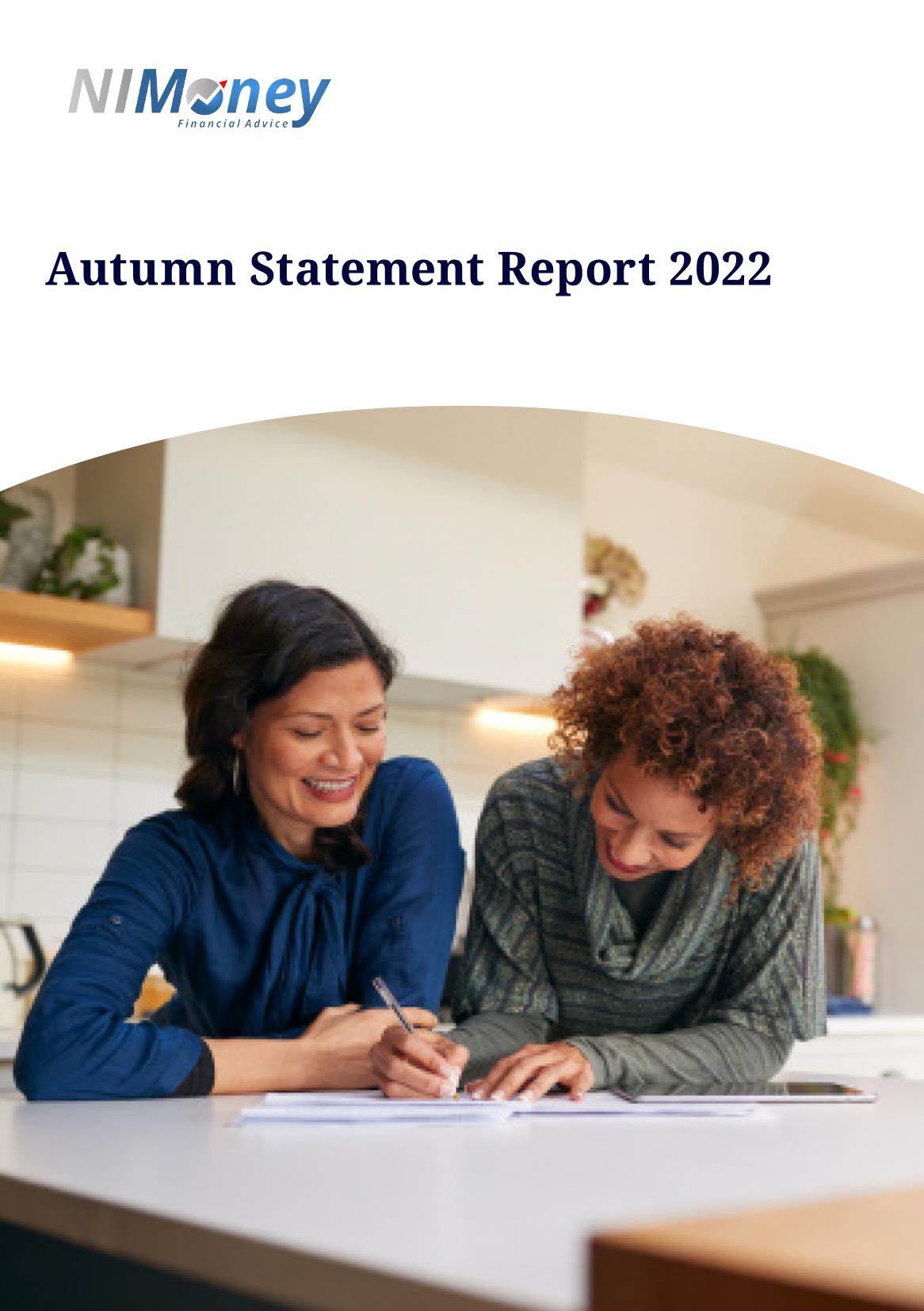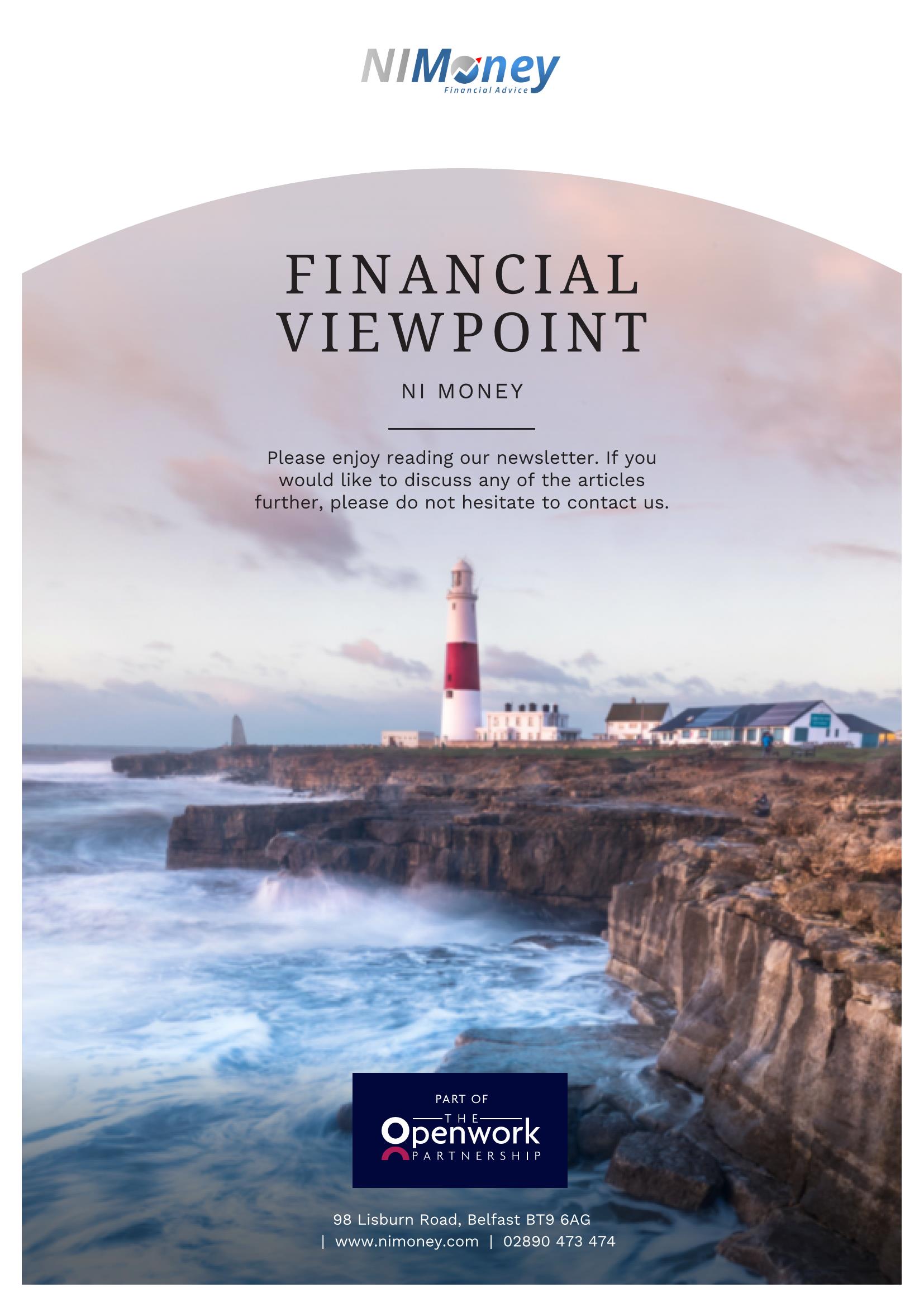Brexit - a view from Omnis Investments Ltd
How could a ‘no deal’ Brexit affect your investment portfolio?
There has been plenty of speculation lately about the impact of a ‘no deal’ Brexit on the UK economy. Just last week, Bank of England Governor Mark Carney warned ministers that house prices might fall, and the government published another round of planning papers outlining what companies and individuals need to do if the UK leaves the EU without an agreement.
Brexit-related uncertainty has already affected the economy. Businesses have postponed investment, while weaker sterling has fuelled inflation and squeezed household spending due to tepid wage growth. This may have cost up to 2% in gross domestic product, Mr Carney told the Treasury Select Committee in May. (footnote 1)
If the UK leaves the EU without a deal, the consensus view (supported by the International Monetary Fund) is the economy could take another hit and sterling might depreciate further. That may leave you wondering about the possible impact on the value of your investment.
We believe our portfolios could benefit in this scenario. The UK markets rallied in the aftermath of the referendum result because many of the companies listed on the FTSE 100 have a global footprint and generate profits in foreign currencies. When they repatriate these profits, they are worth more if sterling is weak.
In our view, both global and domestic equities would experience the same effect in the event of a ‘no deal’ Brexit. Meanwhile, the UK bond market could rally because lower growth expectations would outweigh the increased risk of ownership. Our internationally diversified portfolios are already positioned to capture any potential gains.
However, we think a soft Brexit is the most likely outcome, at least initially. A no deal Brexit would hurt the EU economy, although to a lesser extent than the UK, so it is in the best interests of both parties to reach an agreement. A harder Brexit could be negotiated after what would effectively be a prolonged transition period.
UK assets- particularly sterling- may remain volatile and sensitive to the latest headlines while talks continue, but they could rebound if the rhetoric softens and once the two sides make progress towards a deal. We recently reduced our underweight position in UK equities to reflect this scenario.
Of course, there is still a lot of uncertainty, and we might end up with an outcome which leads to a fall in the value of your investment. The key is to diversify the risks within a portfolio by holding a global spread across a variety of asset classes. If you maintain a long-term investment horizon it should lessen the impact of events like Brexit.
Omnis Investments Limited does not offer investment advice nor make recommendations regarding investments. Please remember that this reflects Omnis’ view at the time of writing and is subject to change.
1 https://www.parliamentlive.tv/Event/Index/eecf04de-8031-4d4b-9671-faf5cb7e29cb#player-tabs











